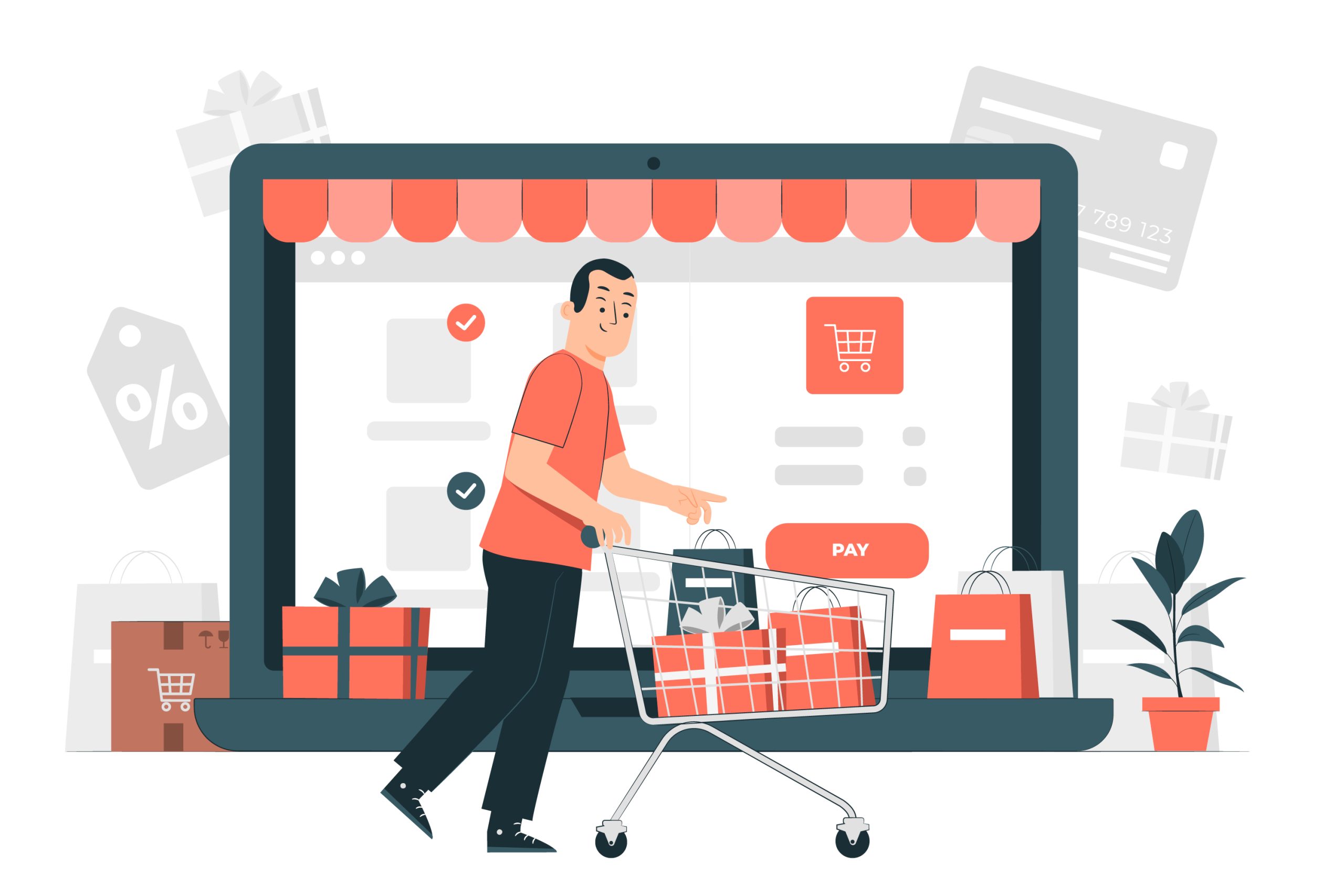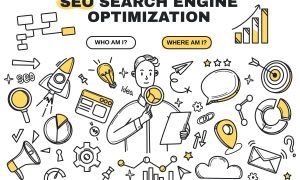The retail sector produces enormous amounts of data, which it then analyses to derive valuable insights and base business choices. The definition of retail analytics and the field have a lot of potential to advance the retail sector.
What Is Retail Analytics?
Retail analytics is the practice of employing methodologies, analysis, and analytical tools to forecast business patterns, trends, performance charts, etc., in the context of the retail industry. By utilizing data-based insights, retail analytics enables these companies to enhance customer experiences, product decisions, operational efficiency, and revenue, among other things.
Importance Of Data In Retail
You may delve deeply into your data with the help of retail data ad hoc reporting, giving you a competitive edge. Data analytics can help your retail business grow by highlighting areas for development. The potential to acquire a competitive edge by using their data to make better decisions is the key advantage of data analysis for retailers. The usage of data-driven retail strategy has lagged behind other sectors, according to Harvard Business Research. Only 5% of the surveyed retail companies met the criteria for data-driven organizations.
Retail Analytics: How To Use It?
Numerous business sectors and forms of retail analytics, including marketing, supply chain logistics, sales, customer behavior, inventory, and others, might benefit from their utilization. It offers business intelligence that is actionable and keeps track of all facets of the retail industry. Retail analytics are essential for creating the best retail strategy and for making data-driven profitable business decisions because they allow one to identify the customer cohort that has the best value, forecast sales, pinpoint the best-selling products, manage cash flow, predict future demand for marketing, and identify changing customer preferences.
Benefits Of Retail Analytics
By using retail analytics solutions to produce insightful insights and data-driven business decisions in sales, operations, and marketing, retail firms can improve markets, goods, and retail operations, and satisfy customer needs. Additionally, it offers a single source of truth for information on consumer behavior, buying habits, offline and online brand engagement, and more. Consequently, some advantages of retail analytics include
It offers useful information about client behavior, experience, and journey:
Retail data analytics, solutions, and platforms offer a map of customer journeys, purchasing patterns, and interactions with brands and channels. As a result, the solution offers useful insights that can be used to enhance the client experience.
Enhances customer experience:
Employing retail analytics gives organizations forecasts, insights, and information about the needs, preferences, and tastes of their customers. Such data can be utilized to enhance customer experiences, the customer journey, and customer retention for both online and brick-and-mortar businesses.
Market forecasts and demands can be anticipated:
Using retail analytics technologies, which can assist in determining consumer requirements and purchasing patterns. These data insights support supply chain development, revenue opportunities, product marketing, and price and quality improvements.
Optimize and enhance in-store operations
By identifying opportunities and inefficiencies in the process of standardization, enhancing the customer experience, and forecasting the ideal levels of staffing, inventory, demand, etc. Retail analytics can be used to identify opportunities and inefficiencies in these processes.
Key takeaways
In order to make customer-centric business decisions today, you need advanced analytics, metrics, and KPIs. Retailers must use data-backed processes to harness the power of retail data in their analytics journey in order to increase customer satisfaction, loyalty, and repeat business and, as a result, increase the consumer’s engagement and happiness. It also increases sales for the business. Data analytics can be used by retail businesses to increase customer acquisition and revenue. For simple analytics, e-commerce shopping sites might provide Excel files or in-app analytics. Utilizing technology that can comprehensively ingest and assess data is necessary for optimizing data analysis to offer competitive insights.
In today’s e-commerce landscape, many businesses are missing out on the benefits of retail analytics. For those seeking to bridge this gap, considering the utilization of fulfillment services can be highly advantageous. Fulfillment centers offer a remarkable opportunity to not only enhance sales but also reduce costs and provide exceptional customer experiences. Take, for instance, the UK 3PL fulfillment service, which goes above and beyond in delivering remarkable advantages. This service enables businesses to gather a wealth of valuable inventory data, offering accessibility and a clean user interface. Furthermore, it eliminates stockouts and provides numerous additional benefits that contribute to the overall success of an e-commerce venture. By embracing a UK 3PL fulfilment service, businesses can unlock a host of opportunities and propel their growth to new heights.
































































